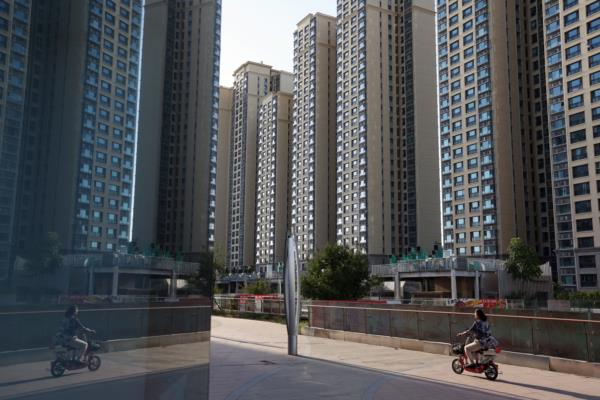
China has recently announced the implementation of a new 'whitelist' mechanism for the property sector, as reported by media outlets. The move reflects China's efforts to regulate the real estate market and ensure its healthy development.
The concept of a 'whitelist' in the property sector refers to a list of qualified property projects that have been thoroughly evaluated and meet certain criteria set by the government. These criteria include compliance with relevant laws and regulations, social and environmental sustainability, and financial stability. By implementing a whitelist system, China aims to effectively manage and control the numerous property developments taking place across the country.
The purpose behind this new mechanism is to promote a more sustainable and orderly growth of the property market. It aims to prevent excessive speculation and uninhibited expansion of the real estate sector, which could potentially lead to financial risks and unstable market conditions. The government intends to encourage a shift towards quality over quantity, focusing on projects that contribute to the country's urbanization and economic development goals.
Furthermore, the 'whitelist' mechanism is expected to enhance transparency and protect the rights of buyers and investors. It will provide potential buyers with a reliable reference when making property purchase decisions, assuring them that the projects listed meet certain standards of quality and legality. This will help create a more trustworthy and stable real estate market, promoting long-term sustainability and boosting investor confidence.
The implementation of the whitelist mechanism involves a comprehensive evaluation process. Property projects must undergo a series of assessments to determine their eligibility for inclusion in the whitelist. These assessments consider factors such as project location, design, construction quality, financing sources, and compliance with relevant regulations. Only projects that meet the necessary requirements will be granted whitelist status.
In addition to the evaluation process, the government will continue to enforce strict oversight and monitoring of property developments. This will ensure that listed projects maintain compliance with applicable laws, regulations, and quality standards. The authorities will also regularly update and revise the whitelist, taking into account changing market conditions and development trends.
The introduction of the 'whitelist' mechanism signifies China's commitment to managing its real estate market in a responsible and sustainable manner. It reflects the government's determination to strike a balance between supporting economic growth and mitigating potential risks associated with the property sector. By encouraging the development of high-quality and well-regulated projects, China aims to create a more stable and reliable environment for property investment and development.
The implementation of the whitelist system is set to play a crucial role in shaping the future of China's property sector. It will establish a strong foundation for sustainable growth, where both developers and investors can operate with confidence. As the government continues to refine and strengthen its regulatory measures, the real estate market is expected to evolve in a more structured and controlled manner, benefiting not only the industry itself but also the overall economy.







